.jpg)
Starting a whisky distillery is a challenging yet rewarding venture. Whisky is not just a drink; it's a symbol of culture and history. A successful distillery must not only produce high-quality products but also have a clear market positioning, effective operational strategies, and excellent craftsmanship. This growing market presents lucrative opportunities for entrepreneurs looking to establish a small distillery.
Market Research and Business Planning
Target Market Analysis
Before starting, conduct in-depth research on the whisky market. This includes identifying the size, trends, and demands of your target market. Understand consumer preferences in different regions; some may prefer single malt whisky while others might favor blended whisky. Market research should also include competitor analysis to understand their product positioning, pricing strategies, and market shares. This will help you identify market gaps and opportunities.
Business Plan Development
Based on your market research, create a detailed business plan that includes the following sections:
Company Overview: Describe your company's vision, mission, and core values.
Market Analysis: Present your market research data and analysis results.
Product Positioning: Clarify your whisky brand positioning, whether it be premium, luxury, or mass-market.
Marketing Strategy: Develop a detailed marketing plan, including brand promotion, sales channels, and advertising strategies.
Financial Plan: Include startup funding requirements, budget allocation, profit forecasts, and cash flow analysis.
Distillery Setup
Understanding Legal Regulations and Licensing
Know Local Laws: Opening a whisky distillery involves complex legal regulations. These not only include local and national alcohol production laws but also environmental protection and safety regulations. Understanding these laws is crucial for legal operation, often requiring consultation with relevant authorities or legal advisors.
Apply for Licenses: Depending on the region, you may need to apply for the following licenses:
Alcohol Production License: This is the core license for operating a distillery, usually involving audits of your production facilities, equipment, and operating procedures.
Environmental Impact Assessment: Whisky production can have environmental impacts, such as wastewater and emissions, necessitating an assessment and corresponding measures.
Health Permit: Ensure your production facility meets health standards.
Trademark Registration: Protect your brand and product names from infringement.
Choosing a Location
When selecting a distillery site, consider the following factors:
Raw Material Supply: Ensure proximity to quality raw materials like malt and water.
Logistics: The facility should have good transportation access for raw material procurement and product distribution.
Environmental Suitability: Whisky production generates noise and emissions, so choose a location that minimizes impact on the surrounding area.
Distillery Equipment Procurement
Key equipment needed for whisky production includes:
Distillers: Traditional copper stills and modern continuous stills. Copper stills help remove unwanted components, while continuous stills are suitable for large-scale production.
Condensers: Essential for cooling vapors and converting them back into liquid.
Fermentation Tanks: Used for mixing malt extract with yeast to produce alcohol.
Casks: Typically oak barrels, crucial for the whisky aging process, impacting flavor.
Brewing Equipment: Used to mash the malt and extract sugars.
Filtration Equipment: Removes solid residues from the fermentation process to ensure a clear liquid for distillation.
Control Systems: Advanced monitoring systems to manage various production parameters.
Brand Building
Creating a unique and attractive brand image is crucial for success. Your brand should reflect your values and the uniqueness of your whisky. Like your product, your brand must stand out. Your brand narrative should resonate with potential customers. Choose a memorable distillery name that encapsulates your ethos and essence. Invest time in your brand's visual identity to ensure it is striking, consistent, and reflective of your product quality.
Cost of Starting a Distillery
Starting a whisky micro-distillery requires significant investment in equipment, facilities, licensing, and marketing materials. Average startup costs range from $255,000 to $1,025,000, covering infrastructure, equipment, licensing, and marketing. Actual costs will vary based on factors like facility size, equipment configuration, and location.
Starting your own whisky distillery is an exciting journey. With careful planning and attention to customer engagement, you can establish a strong foundation for your business. Cheers to your distilling adventure!
Still have a problem on choosing the brewery equipment? We can help with your final decision. If you are looking for a turnkey solution for craft beer brewing system, please contact us. We are looking forward to working with you. Send an email now: [email protected]
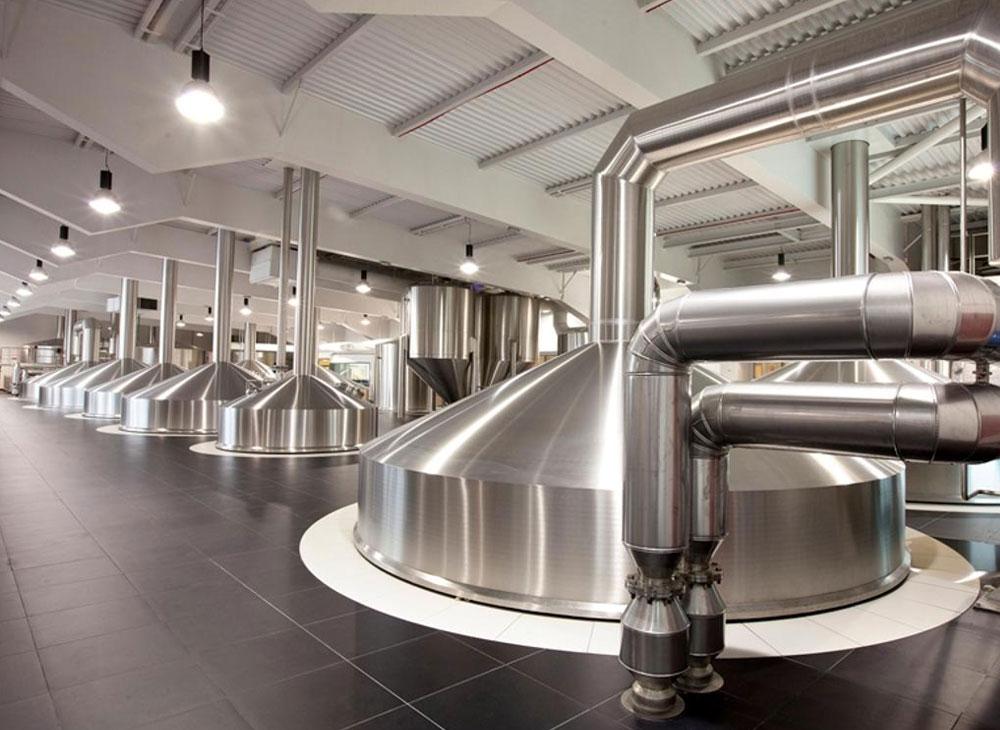
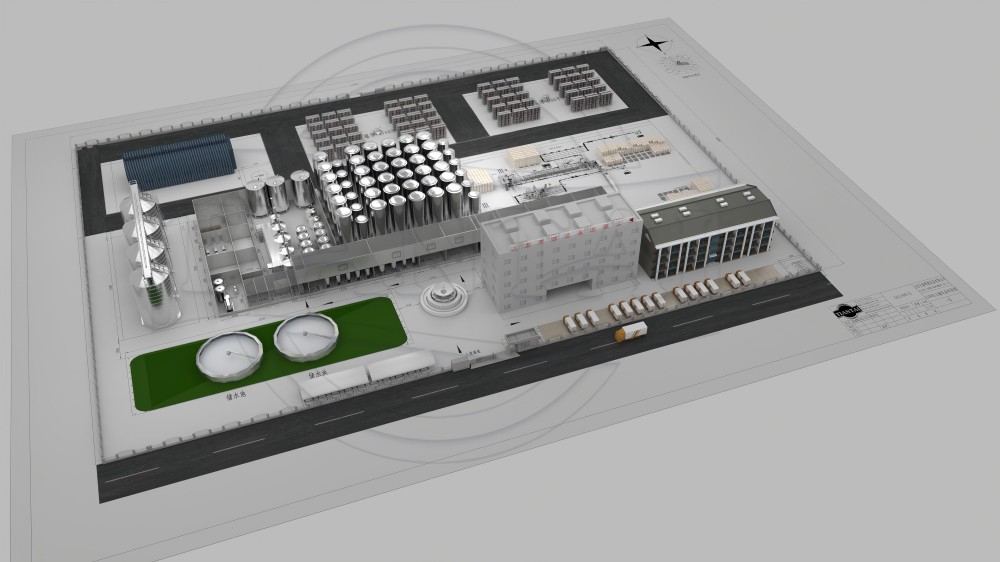
.jpg)
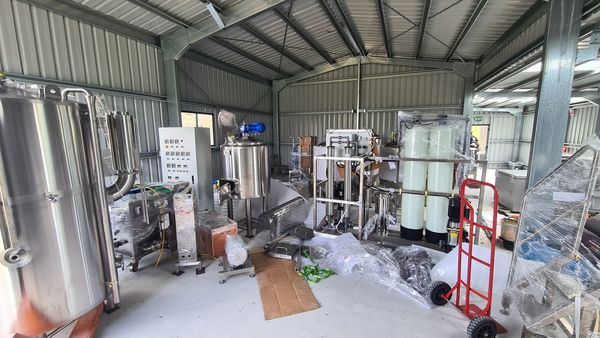
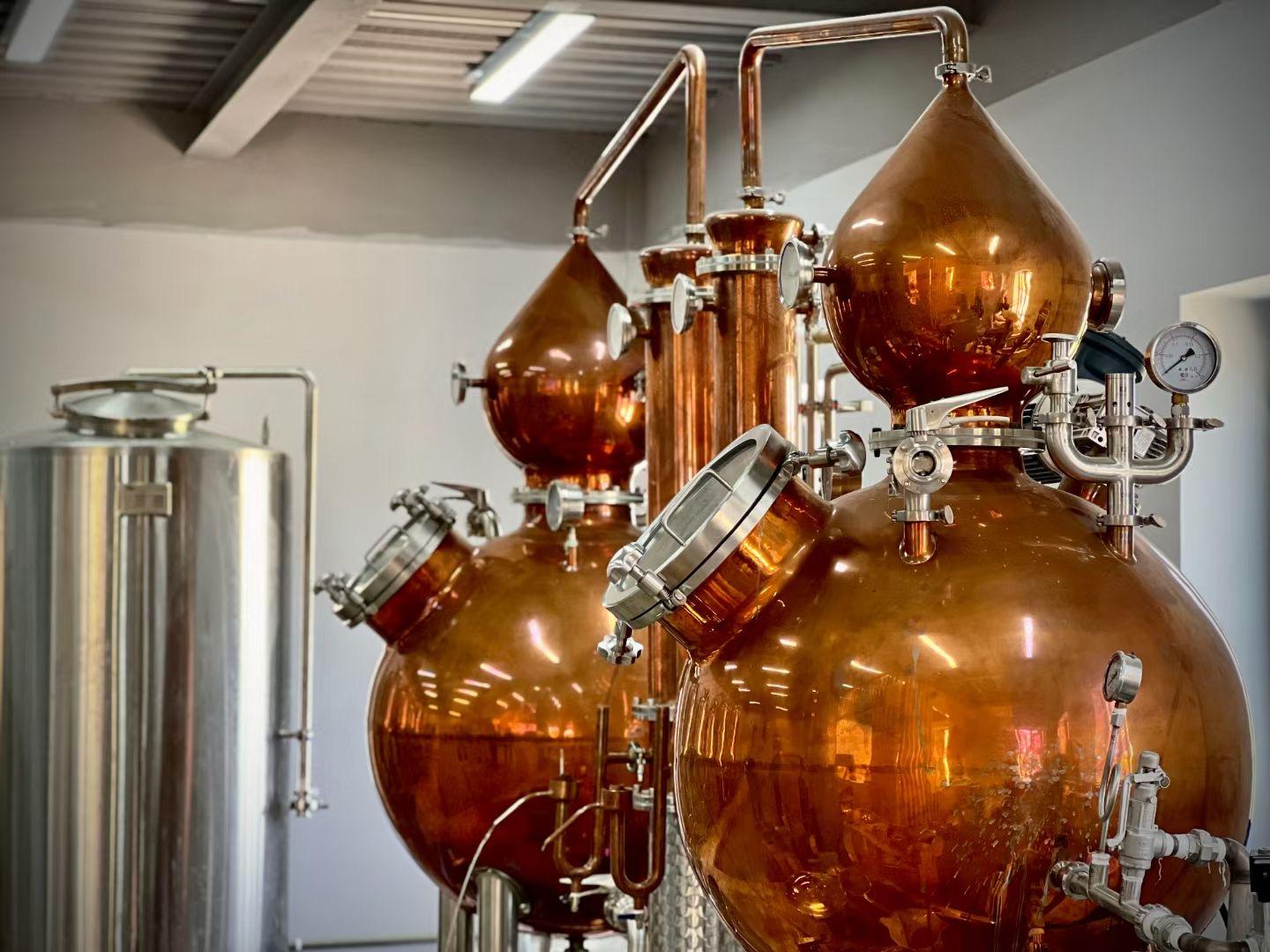
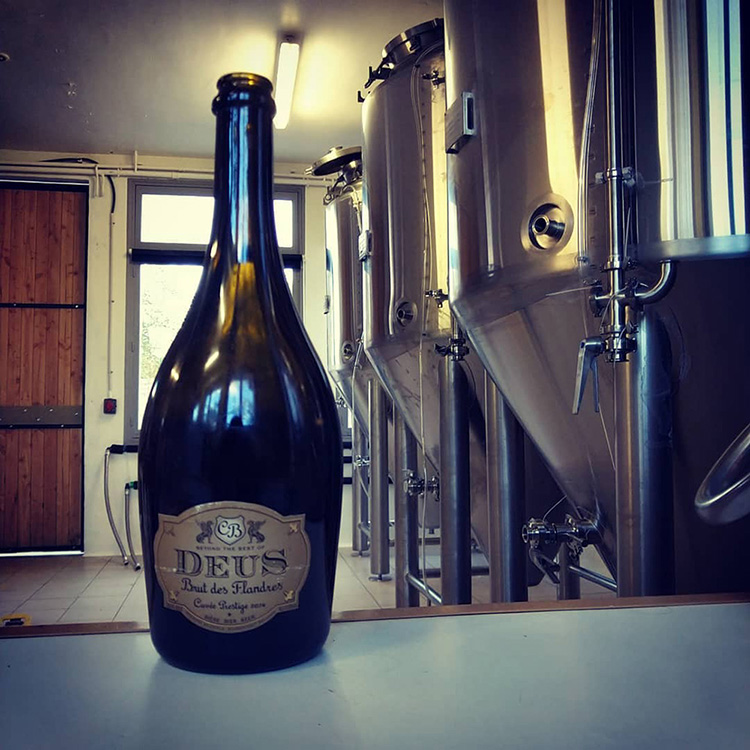
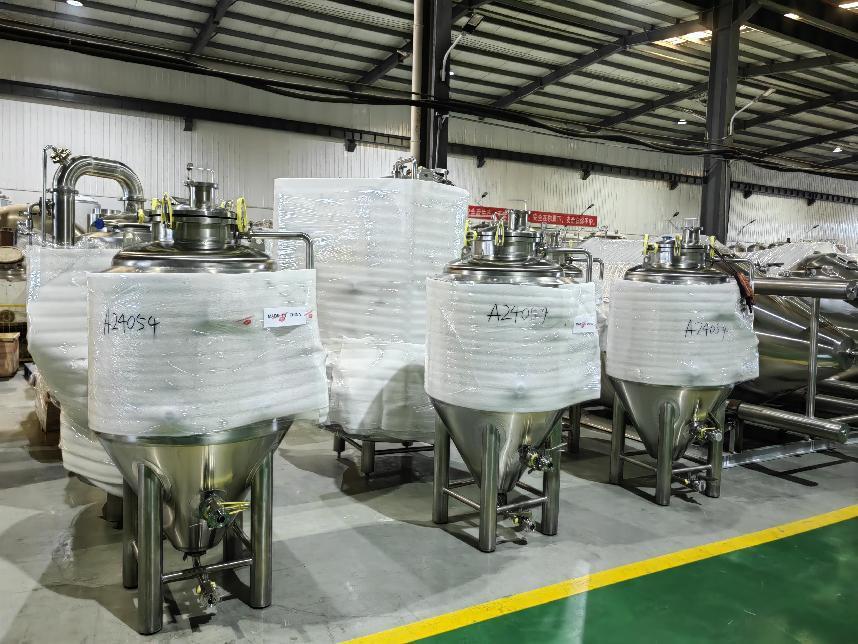
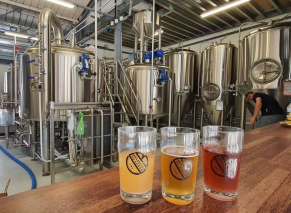
Get A Quote